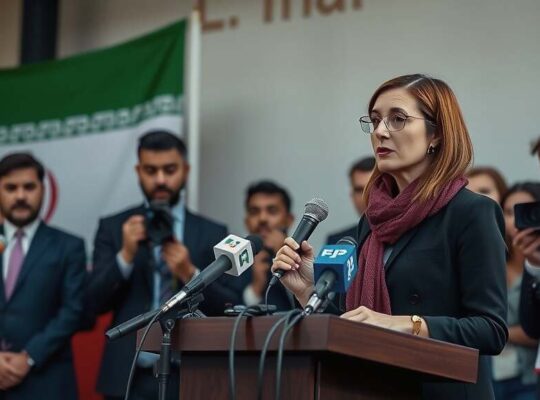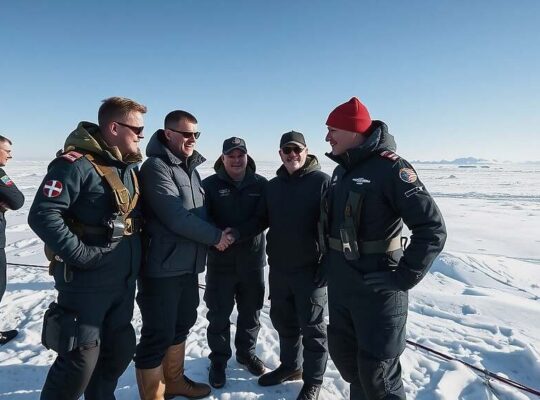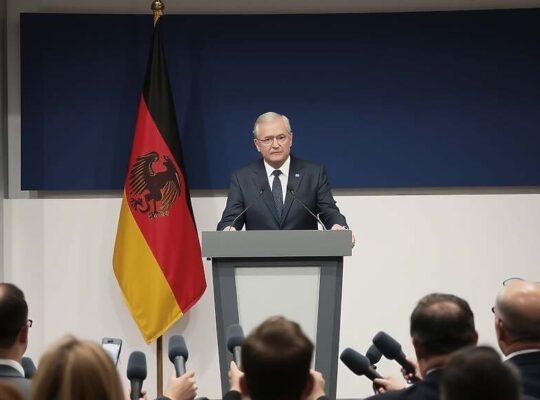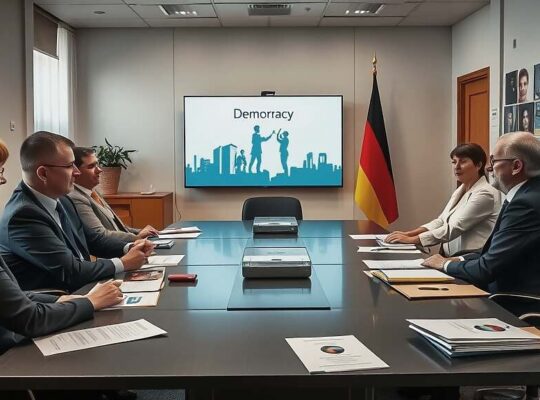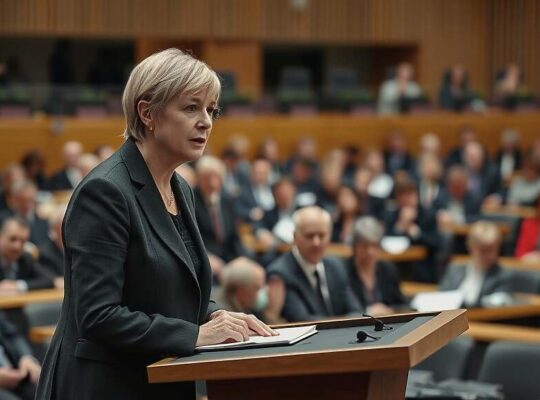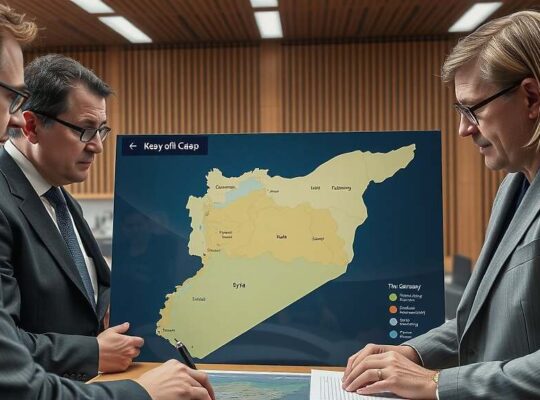Germany’s defense ministry announced Friday the deployment of personnel to Israel as part of a US-led effort to bolster the fragile ceasefire and facilitate post-conflict stabilization in Gaza. The move, involving two staff officers and a Brigadier General from the Operational Command, signals a deepening, albeit cautious, German involvement in a region fraught with geopolitical complexities.
These officers will be assigned to the Civil Military Coordination Centre (CMCC), located in southern Israel, operating under the authority of a US three-star general and comprising approximately 200 personnel. Notably, the German contingent will be uniformed but unarmed, a stipulation intended to emphasize the non-combatant nature of their role.
The decision aligns with the implementation of a 20-point plan aimed at fostering a sustainable peace process. The German contribution ostensibly focuses on crucial tasks including ceasefire monitoring, the removal of war debris, coordination of humanitarian aid delivery and logistical support for the International Stabilization Force.
While the defense ministry asserts that the deployment requires no special parliamentary mandate due to the absence of anticipated involvement in armed operations, the announcement has already drawn scrutiny. Critics argue the move, even in a non-combat role, risks entanglement in a potentially volatile situation and raises questions about the extent to which Berlin is committing to a long-term stabilization effort.
Furthermore, the lack of a formal mandate, alongside the reliance on a US-led operation, has sparked debate within the Bundestag regarding the transparency and potential constraints on German decision-making. Opposition parties are demanding a full explanation of the objectives, duration and scope of the deployment.
The CMCC’s activities, integrating military, civilian and humanitarian efforts, highlight the immense challenges of rebuilding trust and establishing a lasting peace. The German participation underscores the ongoing need for international coordination, but also underscores the delicate balance between providing support and avoiding further escalation in a conflict zone. The long-term implications of this deployment and its potential impact on German foreign policy and public opinion, remain to be seen.



